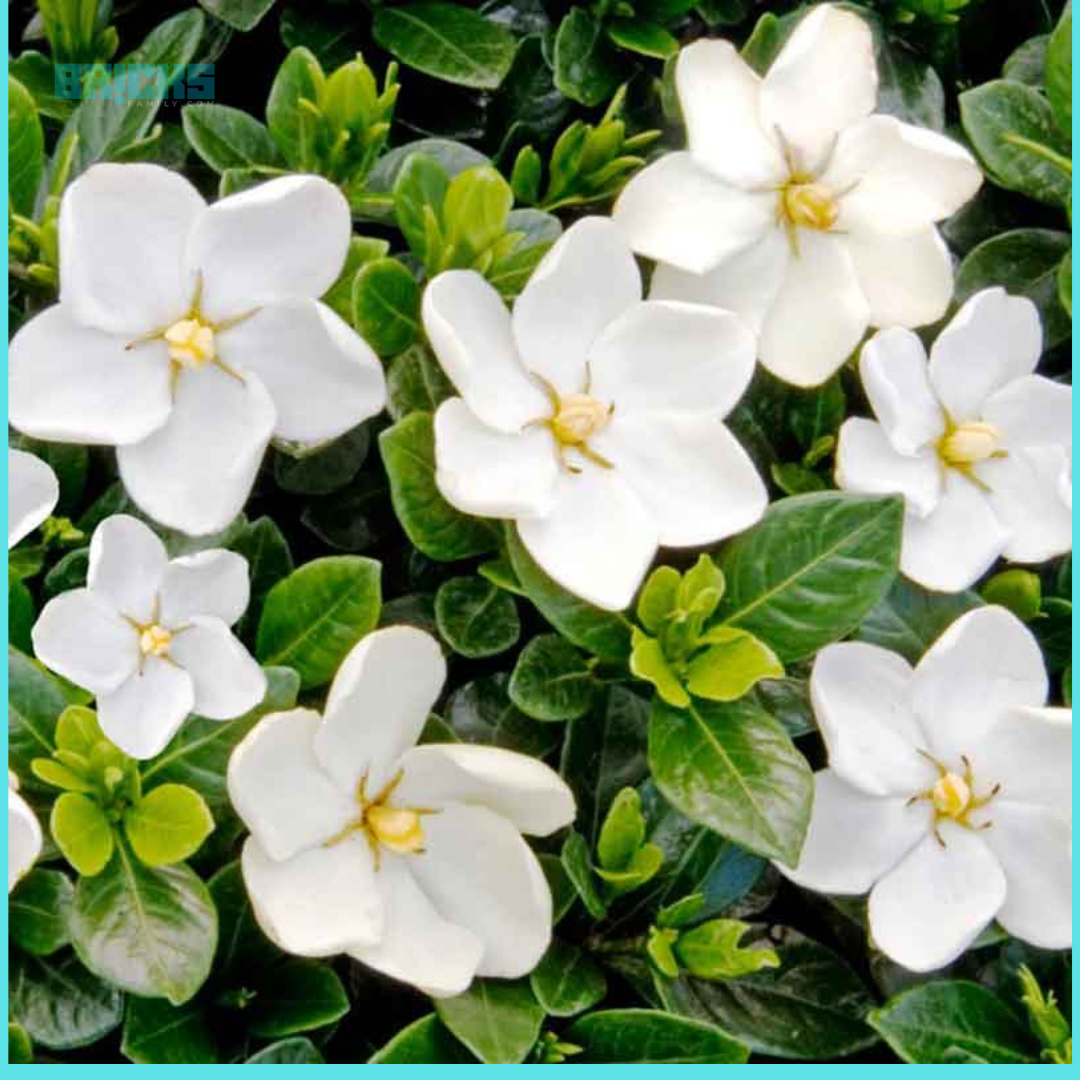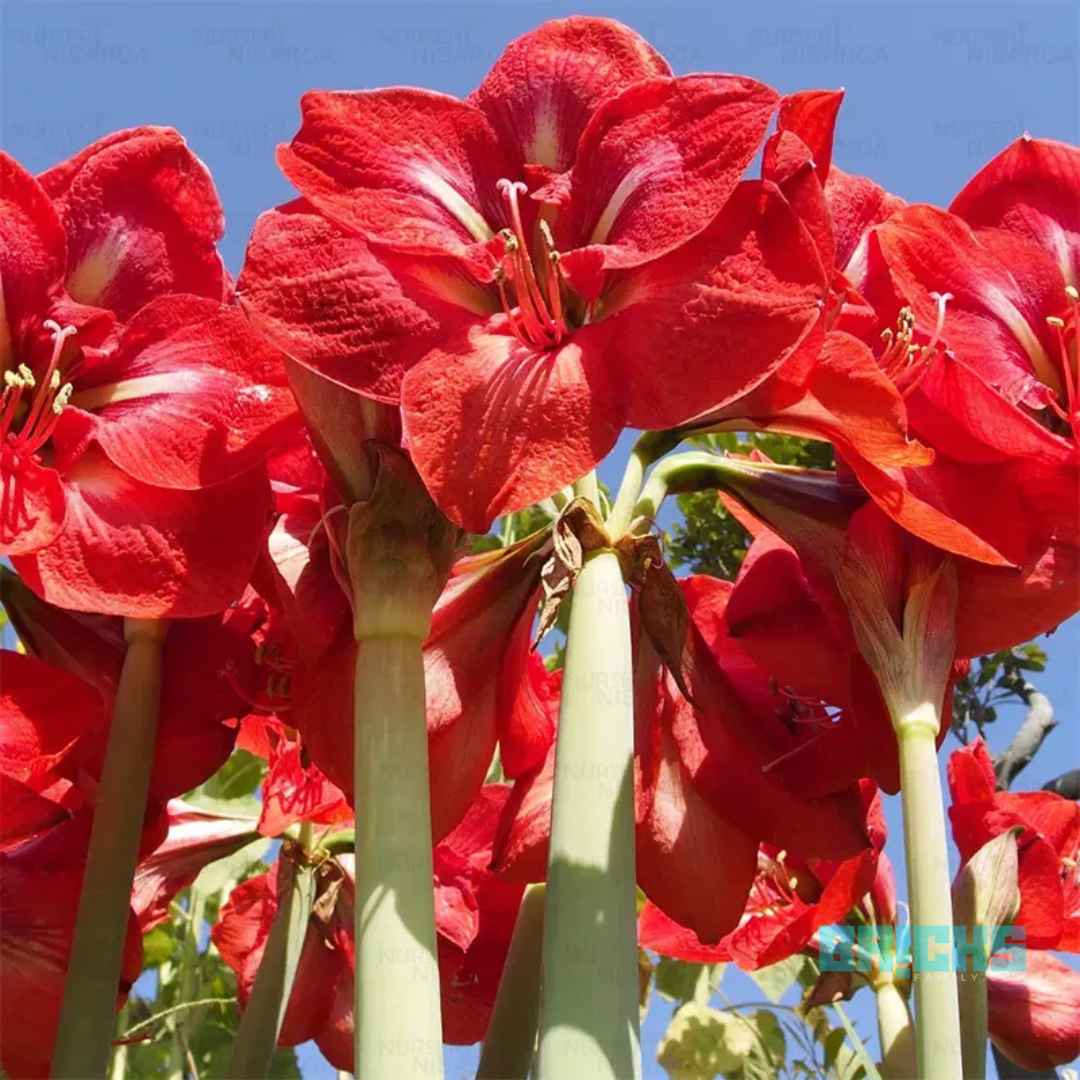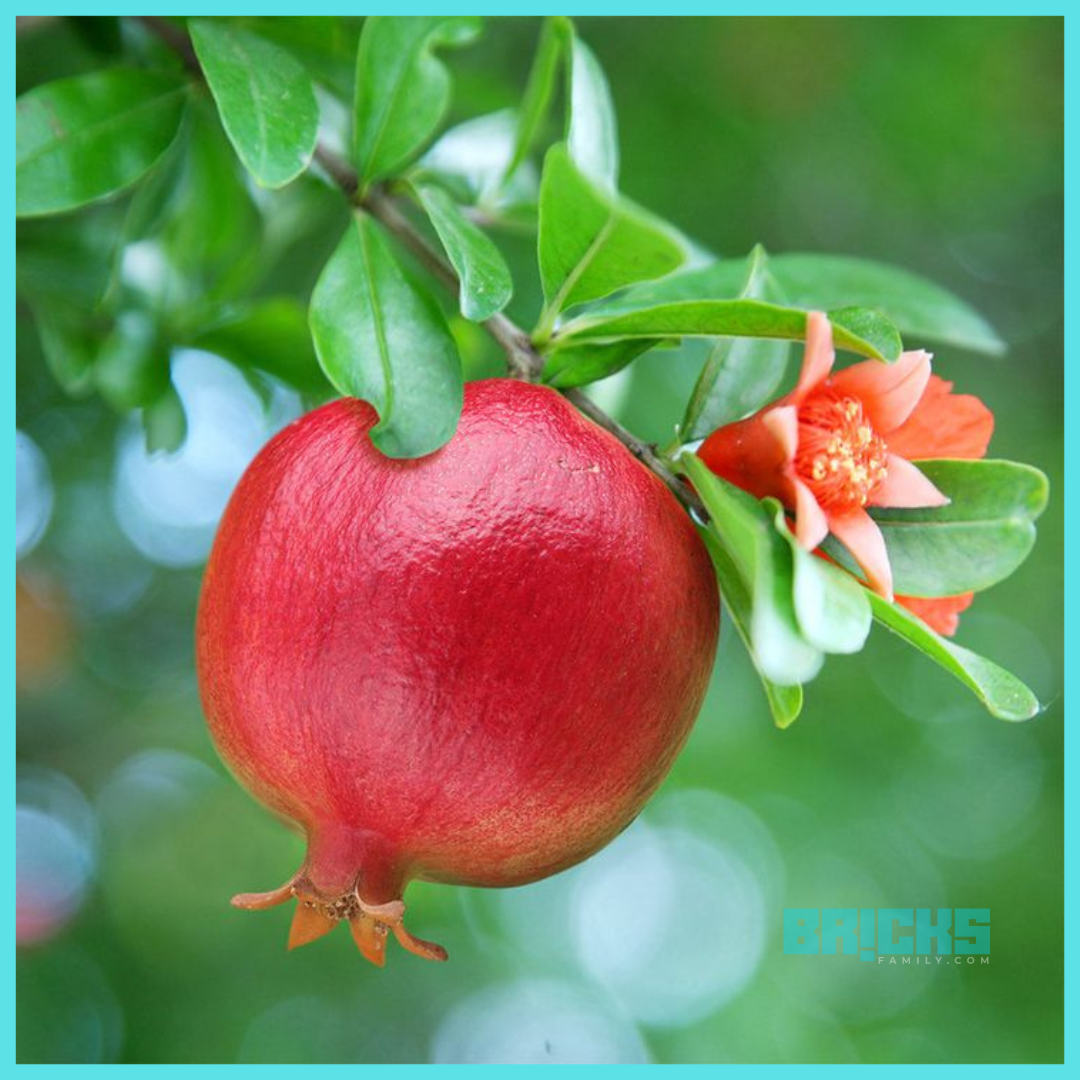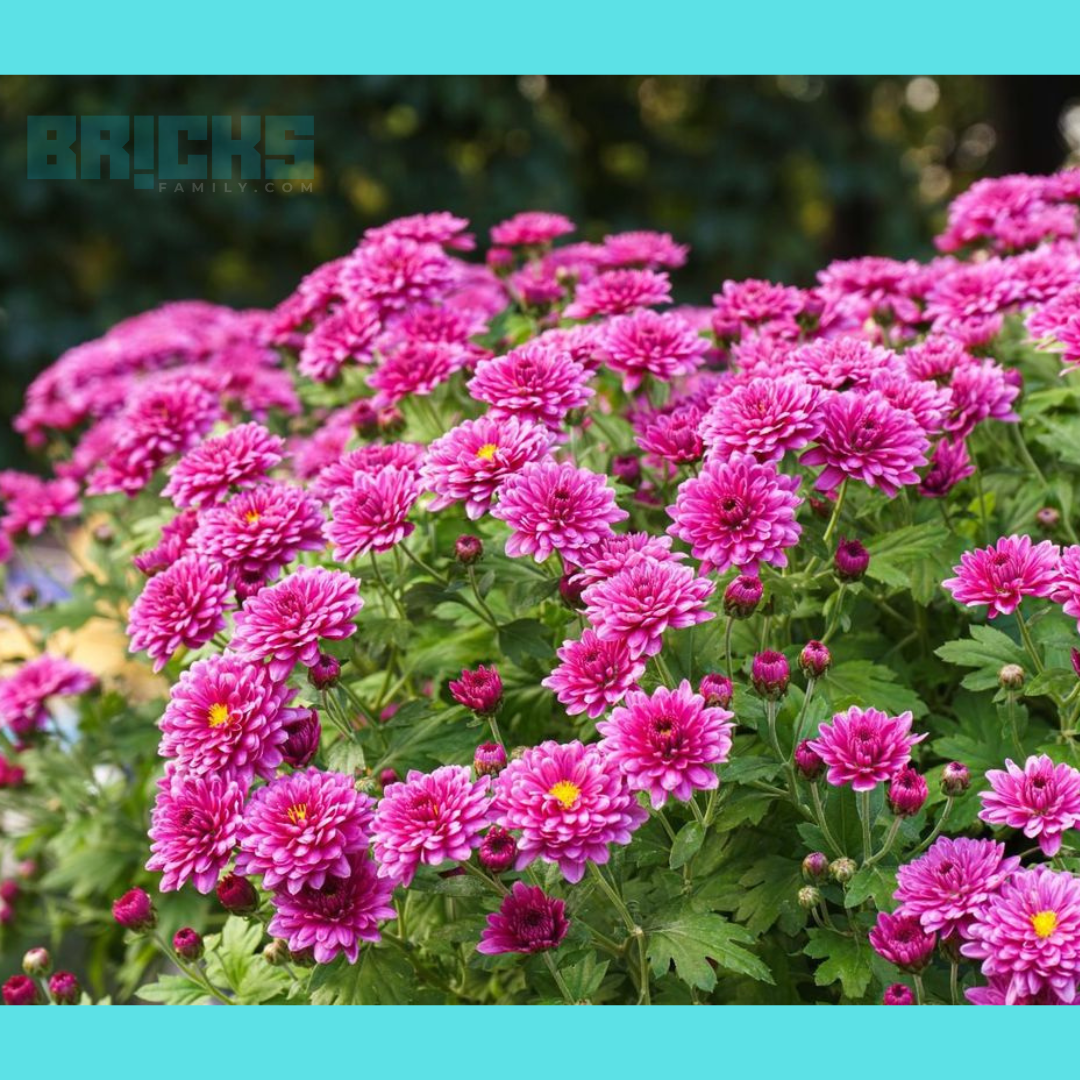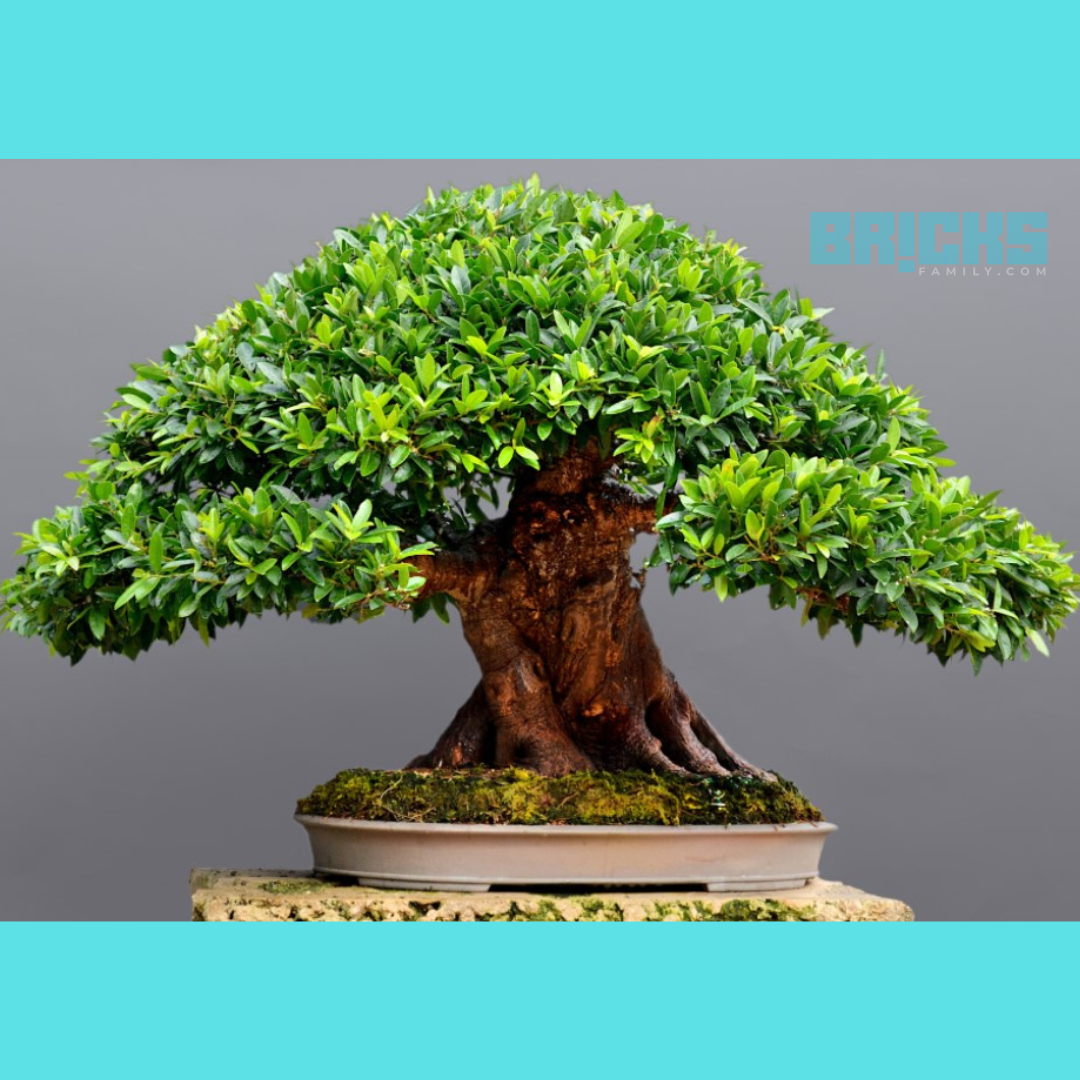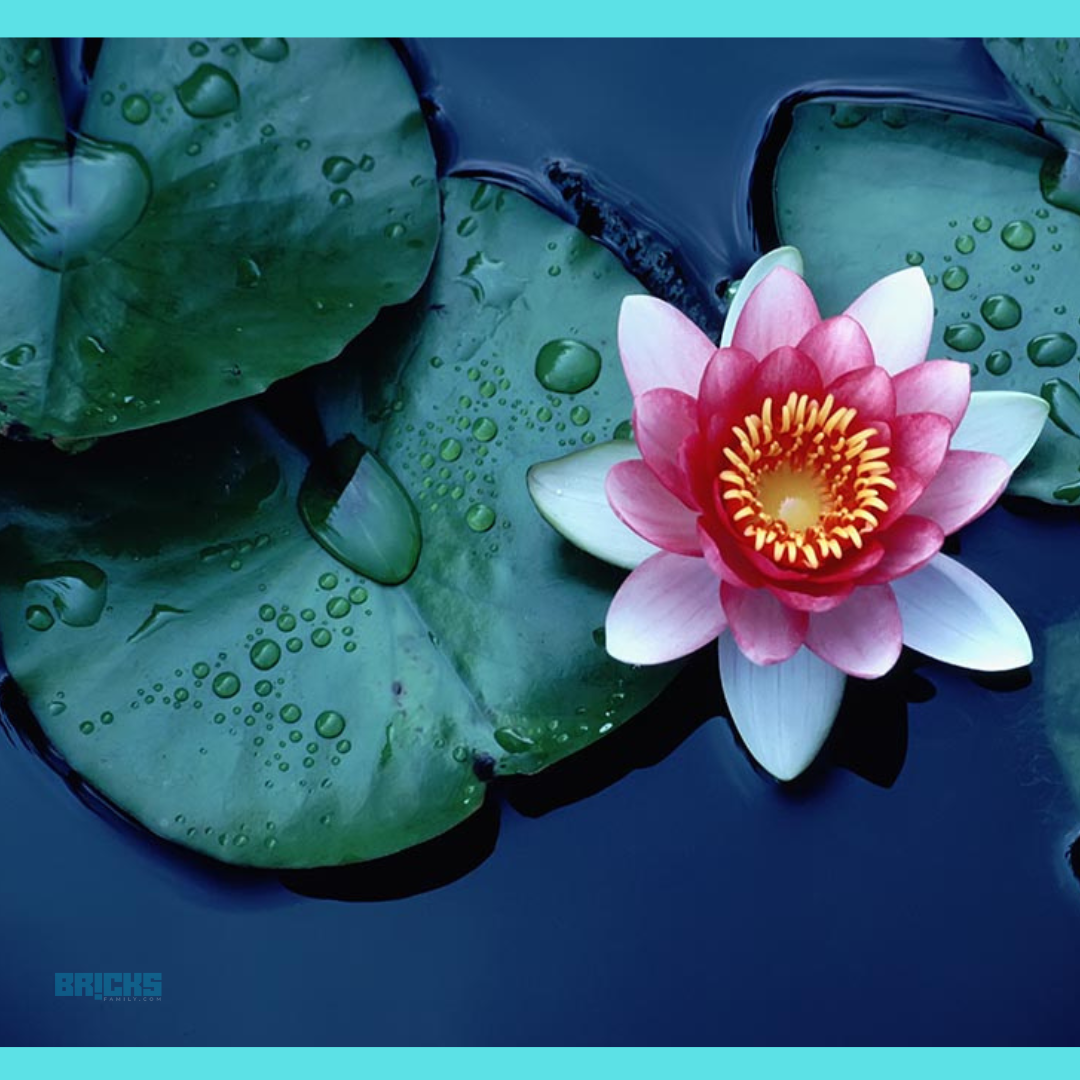Indoor plants can offer various benefits, ranging from stress relief to increased focus. Some plants can also help filter indoor air and help prevent kidney disease, liver damage, and cancer.In this blog, we will see air-purifying plants: 10 Excellent Feng Shui Air Purifying Plants for Home.
Most household items, such as carpets, paint, furniture, and other items used to construct the home, contain volatile organic compounds. These compounds, such as ammonia, toluene, formaldehyde, and benzene, get released into the air as time passes and can trigger serious health issues. While air filters clean the air, there’s an economical, appealing, and natural method to improve air quality. Incorporating the air purifier plant into your home is a straightforward solution.
NASA research also supports the connection between air quality and plants. Apart from purifying the air, several indoor air purifiers have the benefits of feng shui. We are all aware that plants and feng-shui can go together. You can get the most out of both by bringing the air purifier plants into your home.
10 Best Air Purifying Plants as per Feng Shui
Indoor plants are among the most effective ways to enhance the house’s feng shui. If you incorporate nature inside your home, you’ll boost energy and improve the quality of indoor air. The names of the 10 most effective Feng Shui air purifier plants are given below.
Air Purifying Plant 1: Peace Lily
The peace lily has been a popular indoor plant for a long time and is a flower that resembles lilies. It is among the top air purifiers because it can help remove harmful chemicals.
The name of the plant is itself positive. If it is used to adjust feng shui within any or all of the Bagua zones, delicate green leaves are a great way to stimulate the wood element and encourage growth.
If you add this plant to your garden, keep in mind that it can be toxic to cats and dogs.
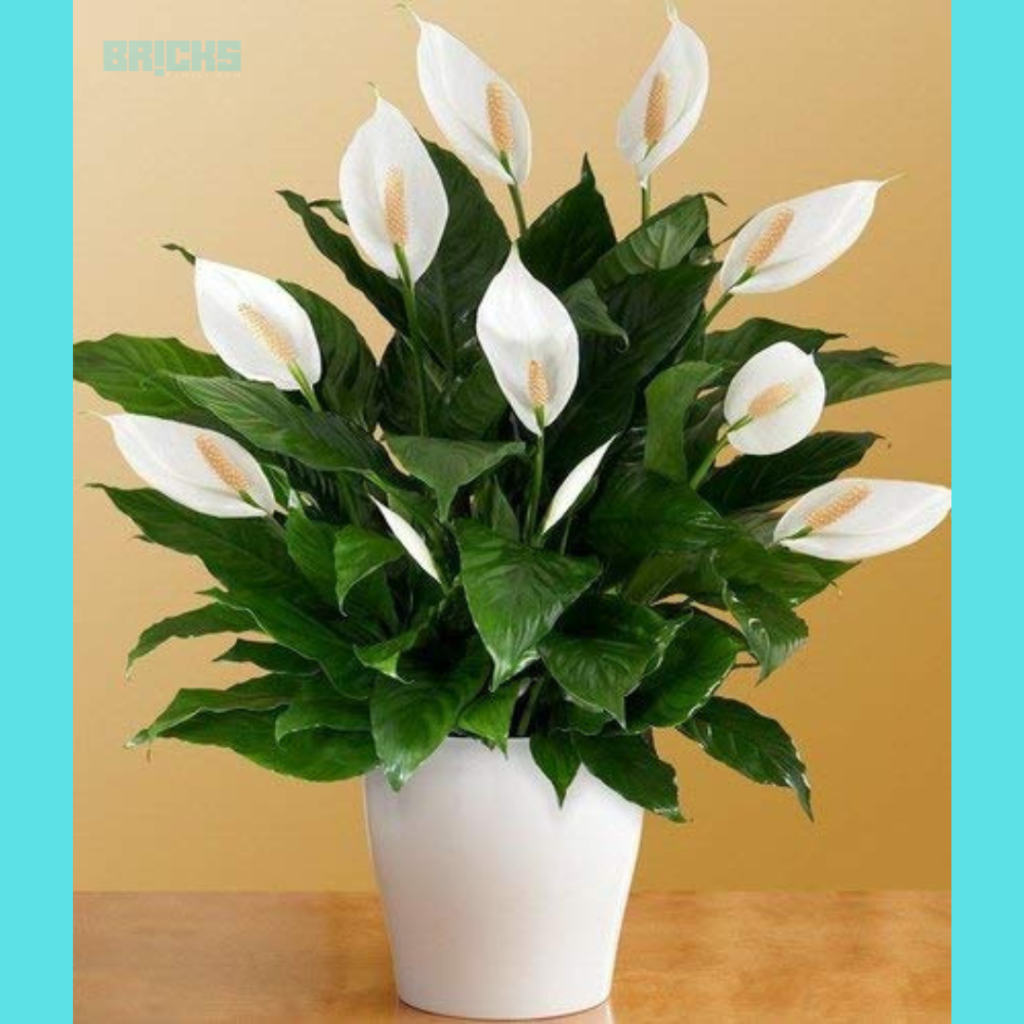
Air Purifying Plant 2: Swiss Cheese Plant
This stunning tropical plant can impress with its bold appearance in any decor. It’s perfect for use in your home’s fame and recognition (Li) sector. This living green air purifier plant is the wood element, which could be the fuel for the Fame Sector’s fire.
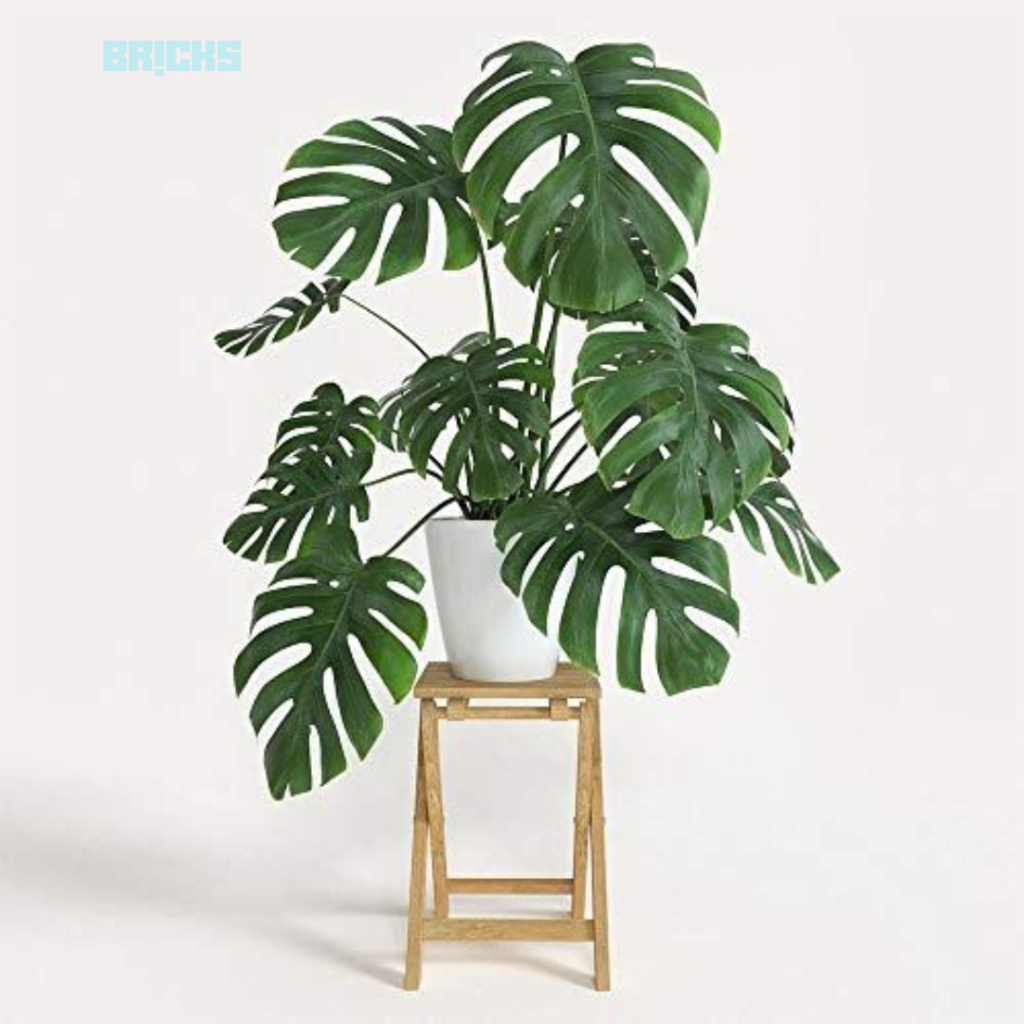
Air Purifying Plant 3: Spider Plant
Spider plants are easy to care for and reproduce quickly. The tiny plant you have could soon produce babies all over the world. It’s among the most effective air purifier plants indoors and is an attractive option for your home. It fights harmful pollution like xylene as well as carbon monoxide. These are among the few plants that are not toxic when you have pets.
Spider plants remind us to connect and share with those we love. Start by giving younger spider plants as gifts. This plant can be an excellent option for your home’s wealth and prosperity zone due to its importance to sharing.
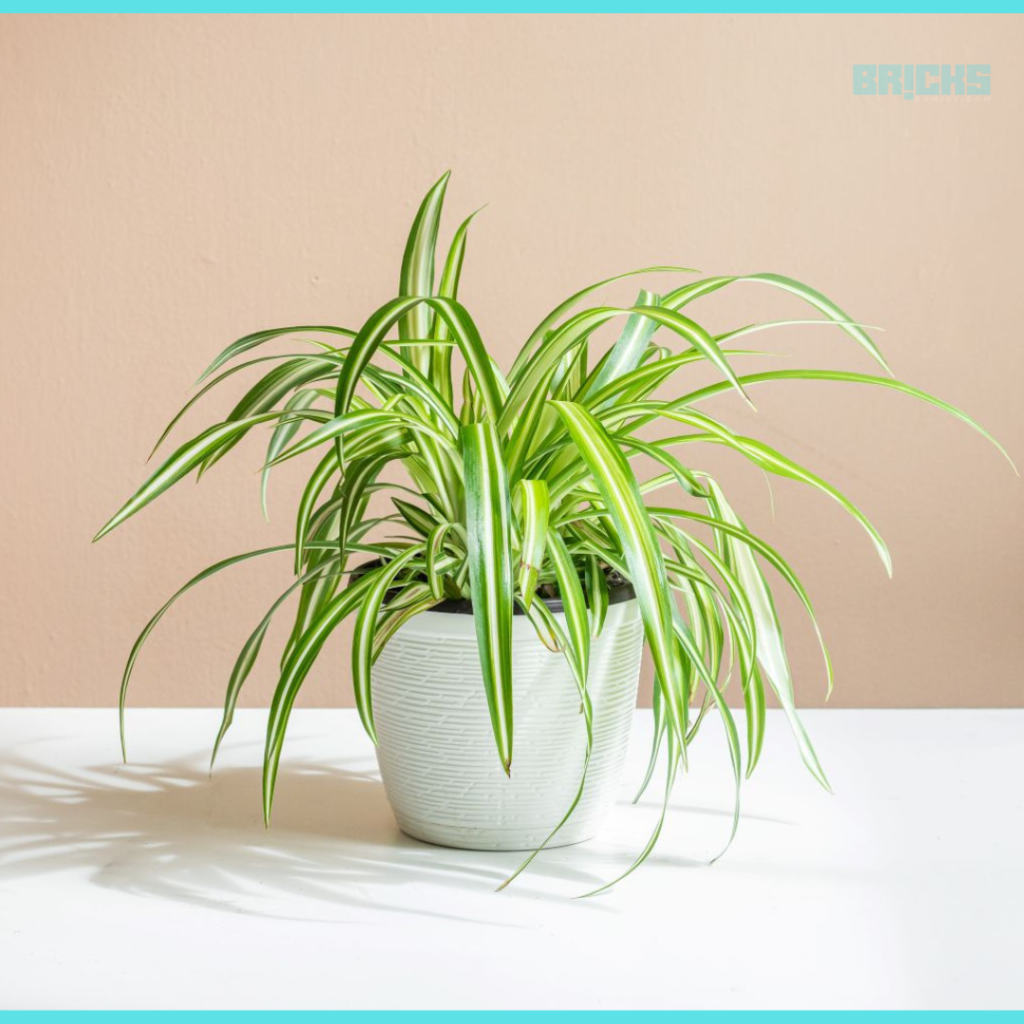
Air Purifying Plant 4: Moth Orchids
One plant that can release oxygen late at night is the moth orchid. Therefore, it’s an excellent plant to have in the bedroom. According to Feng Shui, orchid plants can also be put in bedrooms to attract a beautiful romantic partner. A plant of orchids by your bedside table is ideal if you’re single and looking for that.
Be aware that the plant is alive even when the blooms begin to diminish. Keep going and care for the plant even if it isn’t as attractive as when it was new in the context of Feng Shui adjustment.
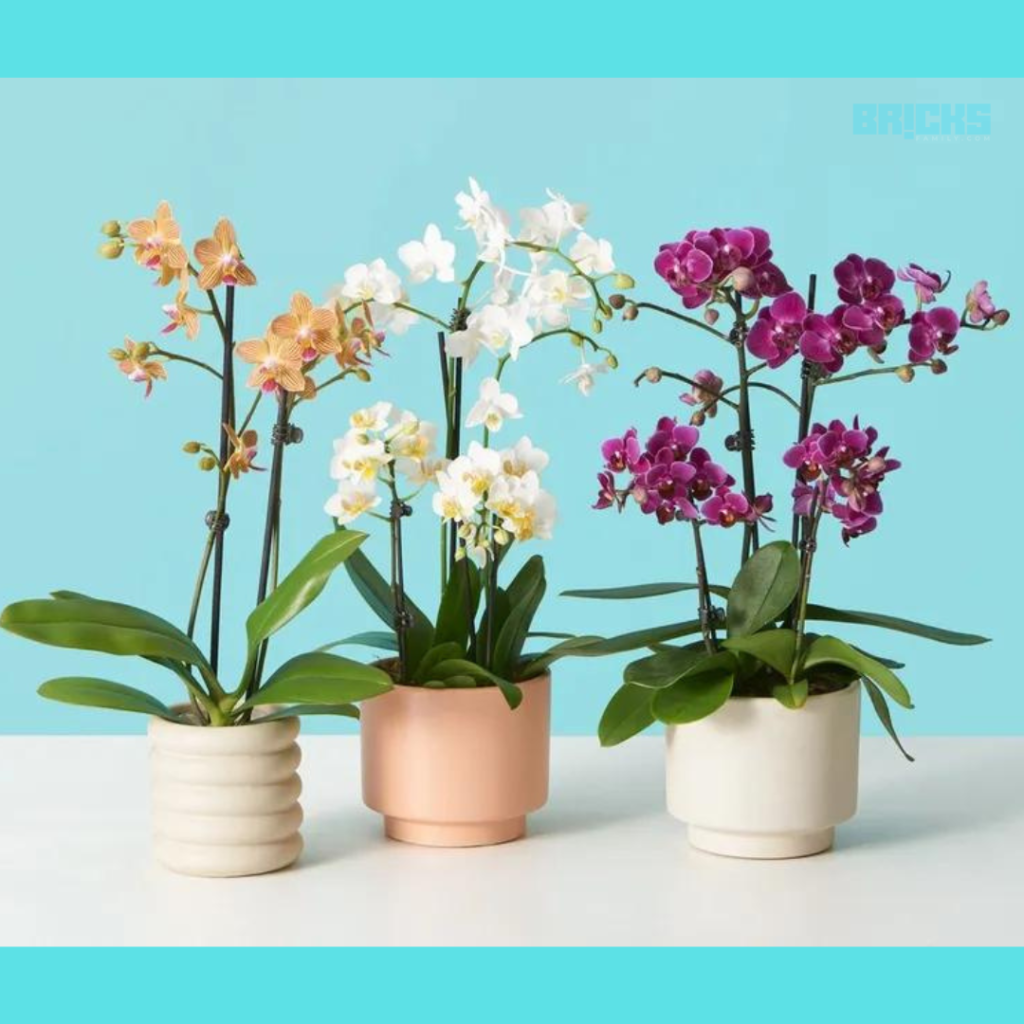
Air Purifying Plant 5: Rubber Tree Plant
The rubber tree plant is an additional low-maintenance option and are the most effective air purifier plants indoors. The leaves can add a soft, woody look to any room. The rubber tree is also an incredible Feng Shui addition to dark spaces that require an energy boost.
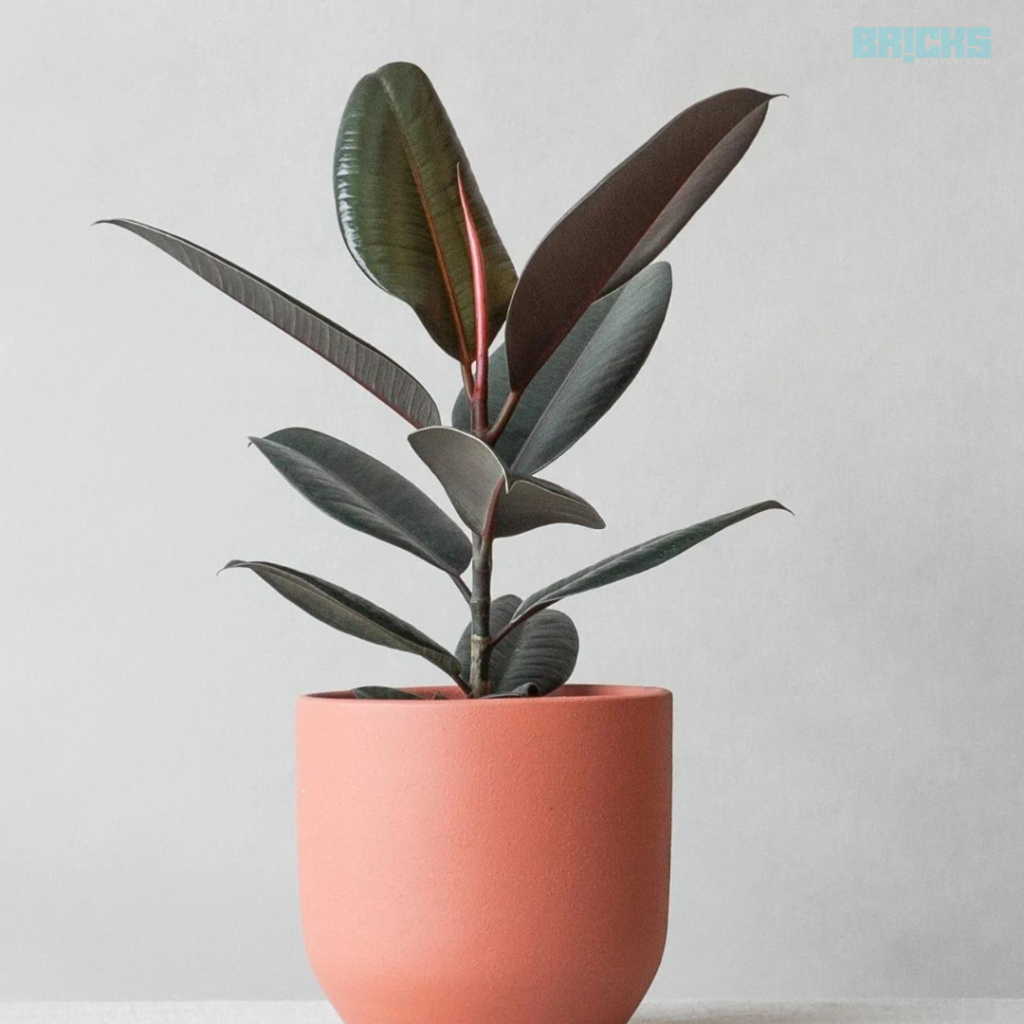
Air Purifying Plant 6: Pothos
Pothos, also known as Devil’s Ivy, has large, waxy leaflets. They are perfect for purifying the air in your home. The most appealing aspect of this particular plant lies in how easy it is to care for. Golden pothos can survive even if they are neglected.
The delicate, heart-shaped leaves symbolize self-acceptance and kindness. Pothos also looks attractive as a hanging plant that cascades, lifts, and encourages wood energy at eye level.
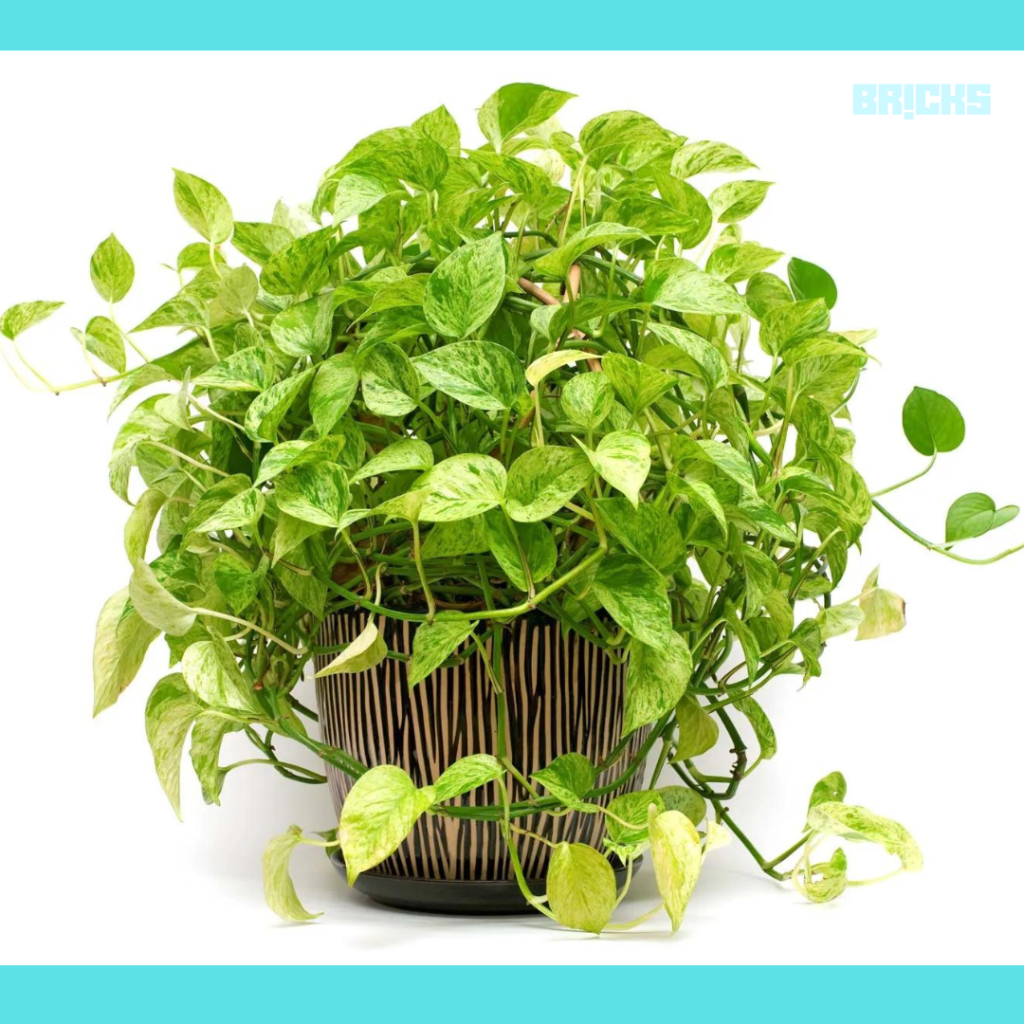
Air Purifying Plant 7: ZZ Plants
The indoor air purifiers are stunning and appreciated for their large, attractive, dark green foliage. They are hard to eradicate. However, they also help remove contaminants from the atmosphere, including toluene, xylene, and benzene.
ZZ plants, also known as eternity, or even emerald palms, are characterized by thick, waxy leaves and robust branches. They are ideal for your house’s Family or New Beginnings (Zhen) section.
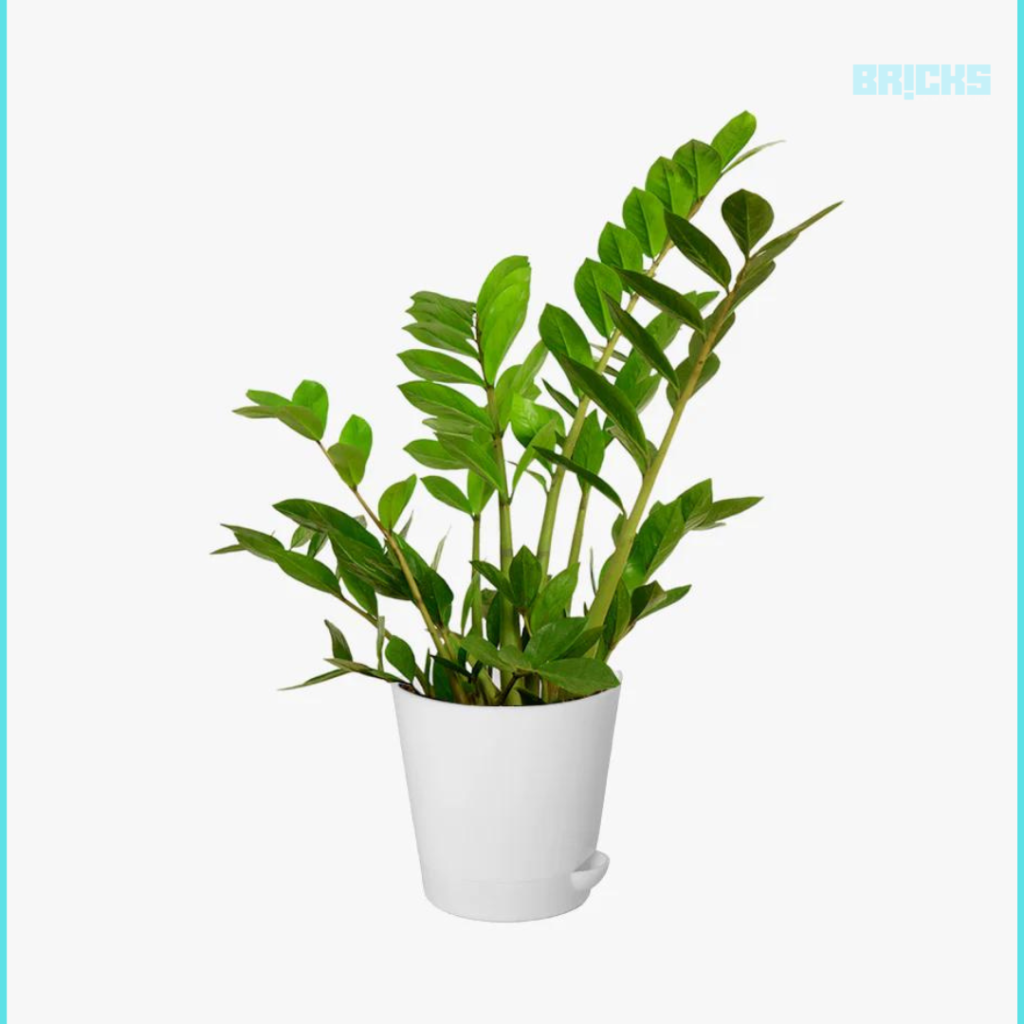
Air Purifying Plant 8: Fiddle Leaf Fig Plant
The fiddle leaf fig is a popular indoor plant. However, it can be selective. These plants that purify the air inside teach patience, kindness, and love for something other than themselves. The fig tree with fiddle leaves is sure to draw the attention of your eyes. However, it will also provide information if you are open to it.
Take a look at these suggestions within the information (Gen) part of the home if you need more self-care.
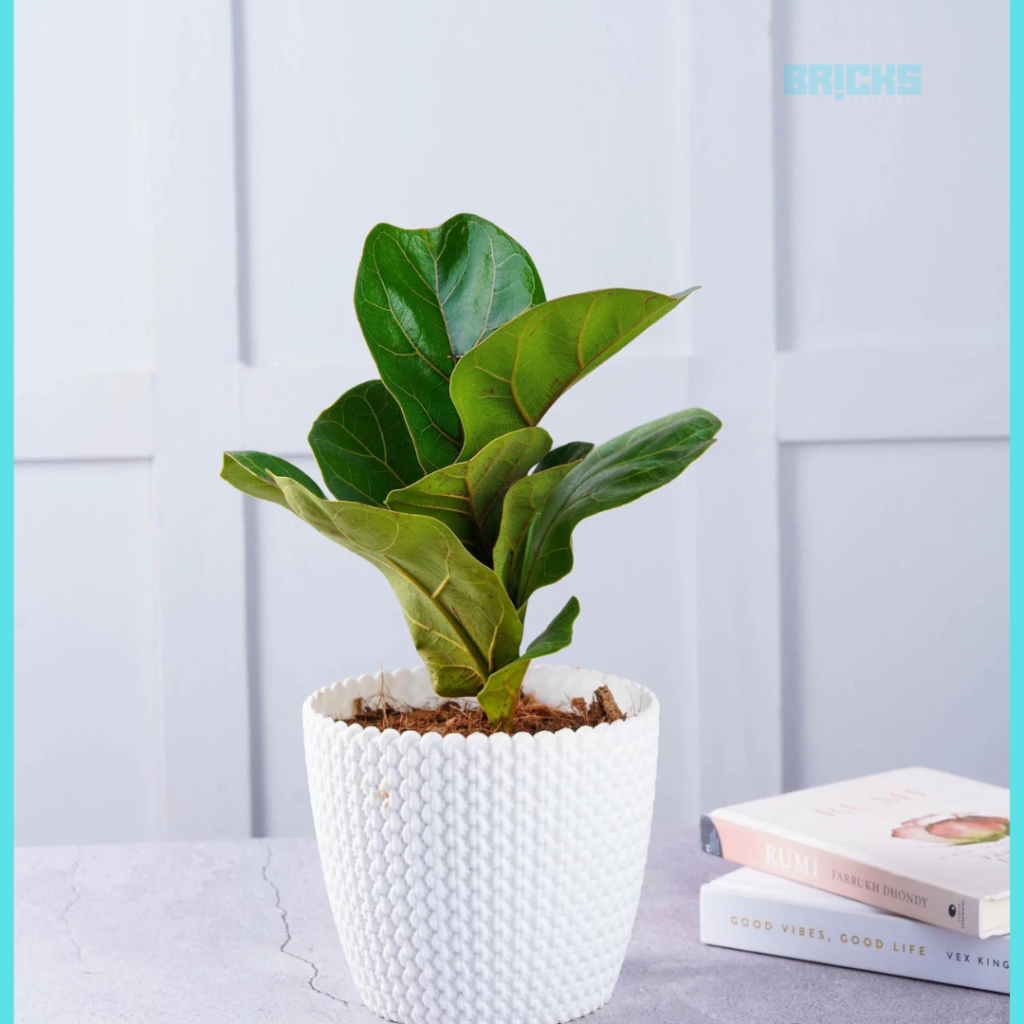
Air Purifying Plant 9: Snake Plant
When they are placed in the house When placed in the home, these plants for air purification inside provide energy protection. Snake plant fibers were used to make bowstrings to illustrate the protection concept further.
You’ll enjoy a peaceful night’s rest by putting plants in the bedroom. The succulent’s yellow tips release oxygen in the evening and allow you to breathe better as you relax. The plant eliminates formaldehyde, toluene, and xylene, as well as trichloroethylene, benzene, and toluene, from the atmosphere.
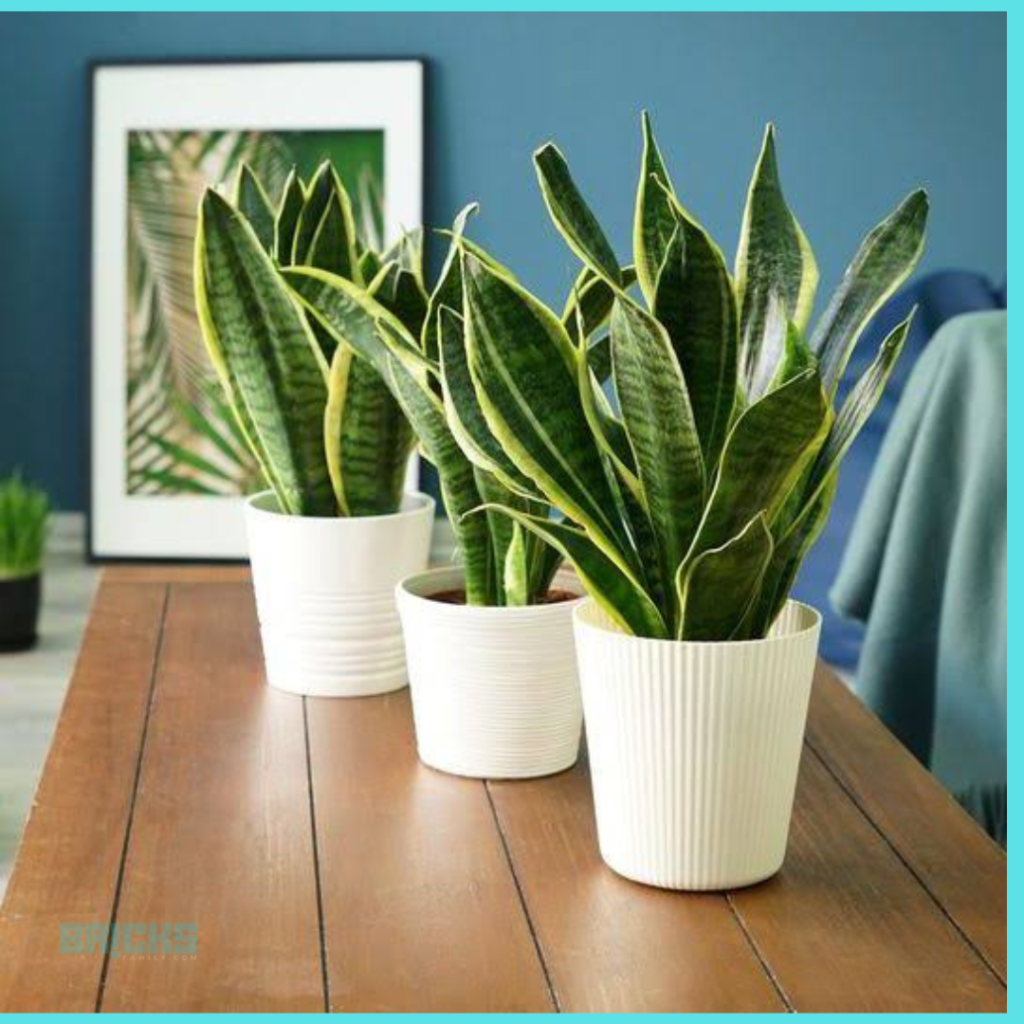
Air Purifying Plant 10: Gerbera Daisy Plants
Gerbera daisy plants in pots increase the quality of air inside and are well-known for their beautiful, broad-eyed flowers. The bright and cheerful appearance of these plants for air purification indoors entices good feng shui. Flowers are utilized in feng shui for unsticking any object that has become stuck.
You can pick the color of the flower to reflect your feng shui goals. Red symbolizes enthusiasm and zeal. Yellow symbolizes stability and health. Pink symbolizes self-love, while purple symbolizes abundance. Be aware that the plant is alive, even when it’s not flowering.
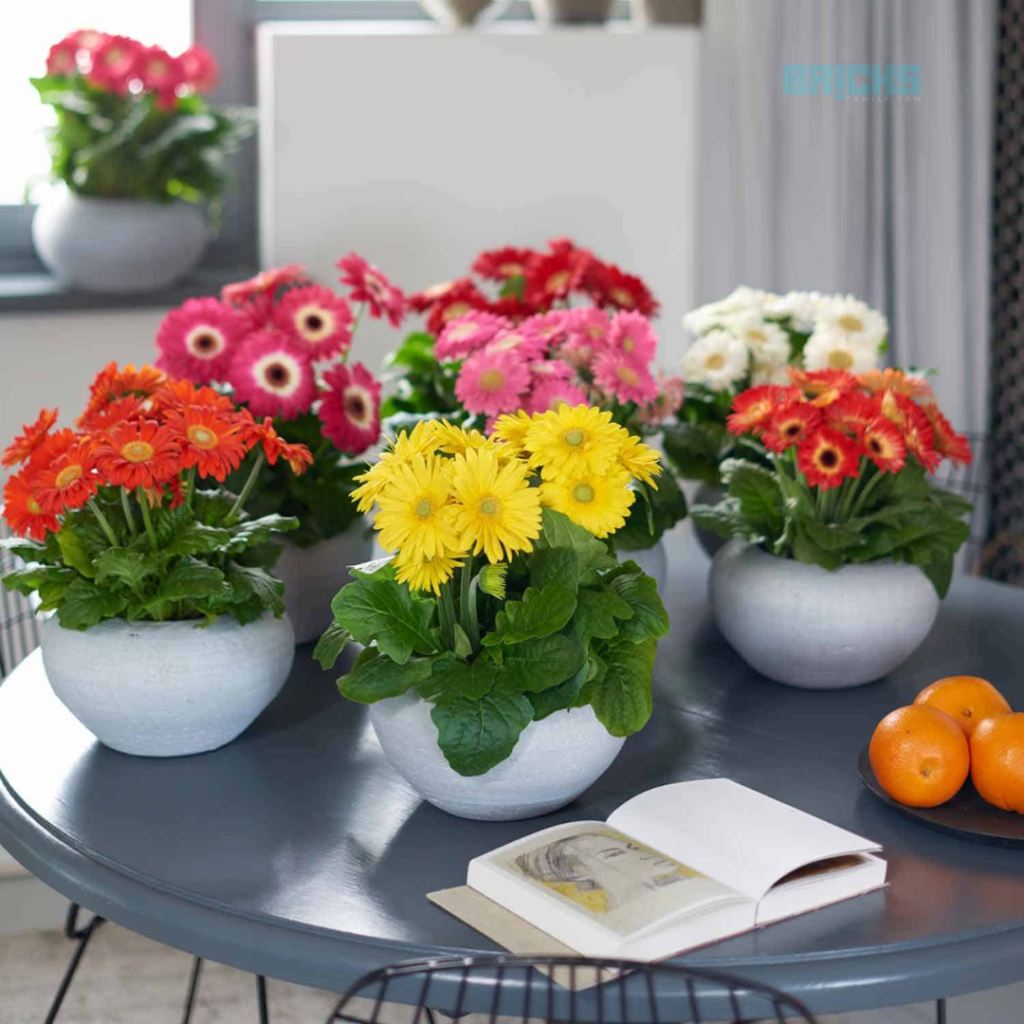
Few Other Feng Shui Air Purifier Plants
You can also plant one of the air-purifying plants to get cleaner air.
- Aloe Vera
2. English Ivy
3. Mother-in-laws Tongue
4. Corn Plant
5. Bamboo
6. Chinese Evergreen
7. Dragon Tree
8. Weeping Fig
9. Lemon Button Fern
How to Take Care of Air Purifying Plants?
Each air purifier is unique and requires minimal maintenance and care to grow and flourish into an attractive and healthy plant. Follow these guidelines to ensure that these plants remain in good health and alive for an extended period.
- Peace lilies can withstand dry soil for only a short time, but their leaves can change color if left to themselves over a long period. They require sunlight that is bright and indirect, as well as moist soil, to thrive.
- Swiss cheese plants need indirect light to bright sunlight. Make sure that the soil is moist and ensure drainage to keep the plant clean and healthy.
- Spider plants thrive in indirect light and need dry but not soggy soil.
- Moth Orchids thrive in bright but indirect sunshine. Be sure to water the plant only as needed and ensure proper drainage.
- Plants that grow rubber thrive best in dim to bright light but can also take direct sunlight. The plant should be watered regularly, ensuring the soil is moist but not soggy.
- Pothos plants can thrive in various light conditions and require watering every week, at a minimum, or when the soil becomes dry. They are air purifiers that can be grown indoors. Can also thrive in humid environments.
- ZZ plants can store vast amounts of water and can withstand droughts. It is recommended to water these gems every two to three weeks, but you can expect to water them more frequently in more excellent sunlight.
- Fiddle-leaf plants need sunshine and water along with moist soil and tender care.
- Snake plants have a low tolerance to light and thrive under indirect light. The roots can decay in moist soil. Be careful that you don’t overwater.
- Gerbera daisies thrive in bright, filtered light. They require soil that is moist but not damp.
Feng Shui Benefits of Plants at Home
Plants bring color and vitality to your home and encourage good feng shui. Indoor plants provide numerous benefits of Feng Shui that can promote healthy and wealth-rich living. You can design your garden following Feng shui and enjoy the best natural environment, health, and wealth.
- Dispels negative energy
Plant a tree at least three feet away from your computer to start battling bad energy to block electromagnetic radiation. The plants emit serene energy. If you’ve thought about why spaces with plants make people feel content, this may be why.
- Closeness to nature
The care of indoor plants can provide an experience of harmony and nourishment. They can soften the home’s harsh angles and give you the feeling that you are in nature, with more curves and a touch of tenderness.
- Enhance the area’s energy
They are living, breathing creatures that could create a feeling of vitality in your home. They breathe life into the otherwise dull atmosphere.
- Balances the five elements
Experts utilize methods to control the vital energy of a particular area because they all come from the wood element. It could, for instance, aid in strengthening a place surrounded by wood or weakening an area associated with water.
- Love magnet
Flowers draw attention to lovers, so placing a bouquet in your bedroom is a good option. It is possible to place flowers inside the Peach Blossom Luck room as an alternative.
Helpful Vastu Tips for Air Purifying Indoor Plants
Be aware of these Vastu suggestions and keep them in mind when purchasing air purifiers for indoor plants:
- Choosing healthy plants with bright foliage is recommended to attract positive energy.
- It would be best to regularly wash away the dirt and dry leaves to prevent negative energy. Please make use of a sponge that is wet to clean it.
- Avoid making use of chipped or cracked pots.
- To eliminate negative energy, make use of fresh-cut flowers in a vase.
- It would be best if you avoided the northeast direction regarding large plants.
- Plants should be kept at least a few inches from windows.
- In the case of indoor plants, water them if the soil is dry.
Best Time to Buy Air Purifying Indoor Plants
Certain indoor plants bloom throughout the season, including snake plants, pothos, and peace lilies. However, some should be planted during the duration of the. Most indoor plants are best planted during the warm months, like fall, summer, or early autumn. If you choose to grow plants in winter, protect them carefully. Indoor plants must remain at a temperature between 18 °C and 23 °C. In winter, you should apply fertilizer to replenish the nutrients within the soil.
Wrapping up Indoor Air Purifying Plants
Greenery is a great way to brighten your interior and boost happiness. Every home should have some air-purifying plants inside. They’re an excellent choice for those who want to add plants to their home to have lush and fresh indoor spaces. The air purifier plants are inexpensive and well-loved because they are simple to care for, offer health benefits, and can complement a range of interior designs.
Bring your own beautiful home and make clean living your primary priority in this polluted world.
Also Read: Aloe Vera Plant – Benefits and Care | 12 Tips to Grow Aloe Vera Plants
Similar Topics: 10 Modern Balcony Decor Ideas for your Home



